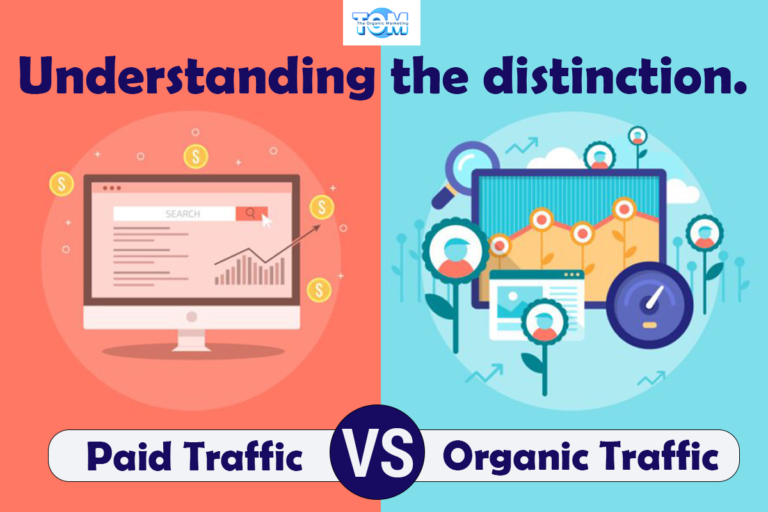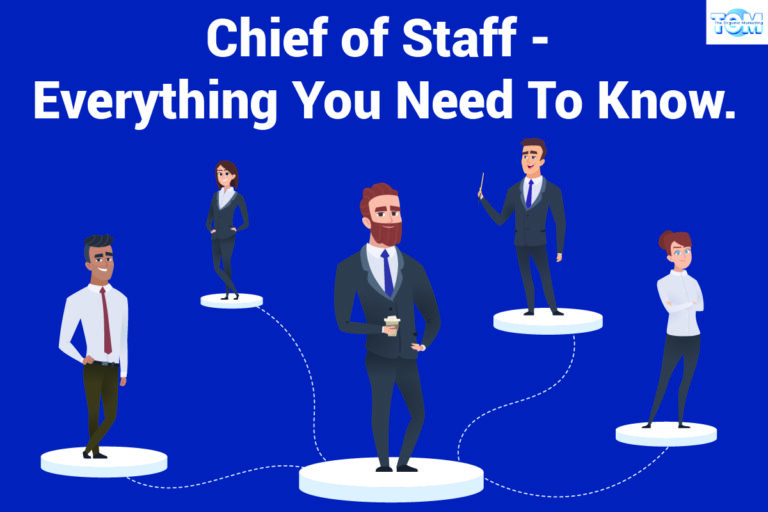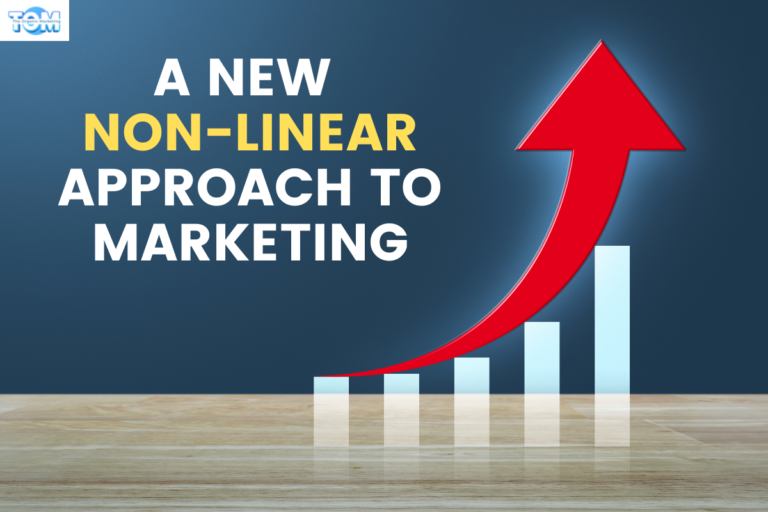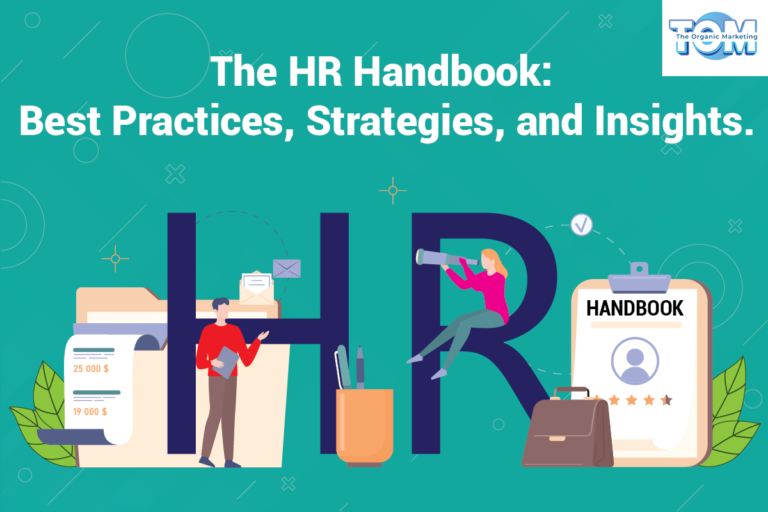Facebook Profile, Pages & Groups: Major Differences
Our ability to interact, communicate, and connect with individuals and groups across the world thanks to Facebook has made it a crucial part of our lives. Three essential elements make up the Facebook ecosystem: profiles, pages, and groups. Each has its own special features and functionalities, yet they all serve the same objective of bringing people and communities together.
What Is Facebook?
On the well-known social networking site Facebook, users may communicate with friends, family, and groups all across the world. Users may interact with companies and businesses, share updates, pictures, and videos, have discussions, and find new material on this platform. Facebook has become a significant part of modern communication owing to its millions of active users and a potent tool for establishing close relationships, exchanging information, and engaging in digital marketing.
We will examine the key distinctions among Facebook profiles, pages, and groups in this post, highlighting their unique traits and functions.
Profile on Facebook
An individual’s personal area on Facebook is represented by their profile. It acts as a centre for interpersonal relationships and exchanges and symbolizes a person’s online identity. Here are some of a Facebook profile’s main characteristics:
- Individual Data: Users can share personal information on their profiles, such as their name, bio, contact details, and job history.
- Friends and Followers: A friend system is available on profiles, allowing users to contact one another by extending and accepting friend invitations. Users may also have followers on their profiles who can view their public updates even if they are not friends with them.
- Privacy options: To manage the visibility of posts, photographs, and personal information, profiles include a variety of privacy options.
- News Feed: A user’s profile’s News Feed shows updates from friends and pages they follow.
- Messaging: Users may communicate with friends using Facebook Messenger by sending them private messages.
Pages on Facebook
Facebook pages are made to help firms, organisations, celebrities, and public figures build their online presence and interact with their followers. These are a Facebook page’s main characteristics:
- Like and Follow: The user can connect with the content and receive updates by liking and following the Facebook page of the brand, person, or business they like.
- Analytics and Insights: Page administrators have access to analytics and insights, which offer useful information on the performance of the page, audience demographics, and engagement metrics.
- Customization: Page customization options include the ability to add cover photographs, profile pictures, and tabs with particular content or features.
- Advertising: To reach a larger audience and advertise their goods, services, or content, pages can conduct targeted advertising campaigns.
- Call-to-Action Icons: Call-to-action buttons can be added to pages to advertise specific actions like “Shop Now,” “Contact Us,” or “Sign Up.”
- Verified Badges: Verified pages can show a blue checkmark emblem that lends trust and authenticity.
Groups on Facebook
Facebook Groups are online communities where users can interact, talk, and share material with others who share their interests, hobbies, or ambitions. These are Facebook groups’ main characteristics-
- Joining and Membership: Users can apply to join secret groups or join groups that are open to the public. Requests for membership can be approved or rejected by group administrators.
- Group Categories: There are several group varieties, including closed, public, and secret groups, each with varying degrees of visibility and privacy.
- Discussions and Collaboration: Group conversations help people exchange ideas, pose questions, and work together on projects. conversations are facilitated by groups.
- Group Rules: Group administrators can establish rules and regulations to preserve a wholesome and courteous community atmosphere.
- Notifications: Members of the group are kept up to date on group activity by receiving alerts of new postings, comments, and posts.
- Group Insights: Administrators of groups have access to information regarding member engagement, membership expansion, and the most popular material.
Users can improve their visibility, interact with their target audience, and accomplish their objectives by making use of the special features and functions that Facebook profiles, pages, and groups provide. These additional factors should be taken into account:
Social Relationships Profiles
- Branding: Facebook profiles enable people to build their own brands, highlight their hobbies, and express their ideas and experiences.
- Social Networking: Profiles tend to be more concerned with connecting with friends, family, and acquaintances, building personal relationships, and keeping up with their activities.
- Personal Updates: Users may keep their close friends and family updated and involved by publishing personal updates, images, and life events on their profiles.
Organisational and Brand Pages
- Brand Understanding: Facebook pages offer a forum for companies and brands to increase recognition, establish trustworthiness, and highlight their goods or services.
- Engagement with Audience: Pages make it possible for users to communicate directly with one another, enabling companies to interact through postings, feedback, and conversations with their consumers.
- Customer service: Pages may act as a conduit for customer service, giving users a place to post queries, ask for help, and receive prompt replies.
Community and Discussion-Focused Groups
- Specialized Communities: Facebook groups that focus on certain interests, pastimes, or causes enable like-minded people to connect, exchange knowledge, and have in-depth conversations.
- Support Networks: Groups offer a welcoming atmosphere where members may ask questions, share stories, and discover a feeling of community.
- Targeted Data: Group participants receive information based on their interests, ensuring that conversations and updates remain pertinent.
Within the Facebook ecosystem, Facebook groups, pages, and profiles all have different functions. Pages cater to businesses and brands, groups promote communities, while profiles concentrate on personal relationships. Users may successfully use Facebook as a strong tool for personal and professional growth, engagement, and networking by utilizing the special capabilities of each component. Facebook keeps improving its features and algorithms to improve the user experience, increase the relevancy of the material, and foster meaningful connections.
To help you get an in-depth knowledge of Facebook tools, The Organic Marketing is here! Reach out today!







